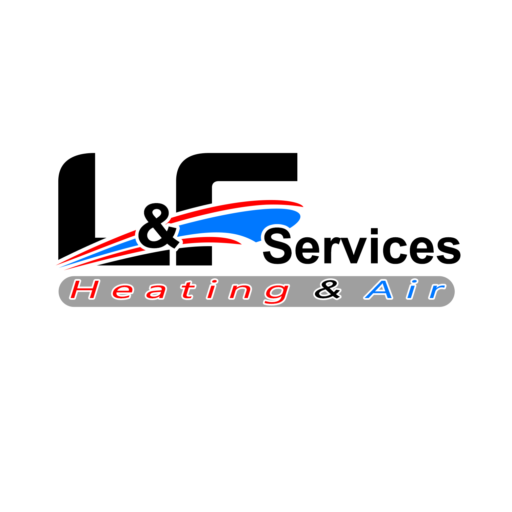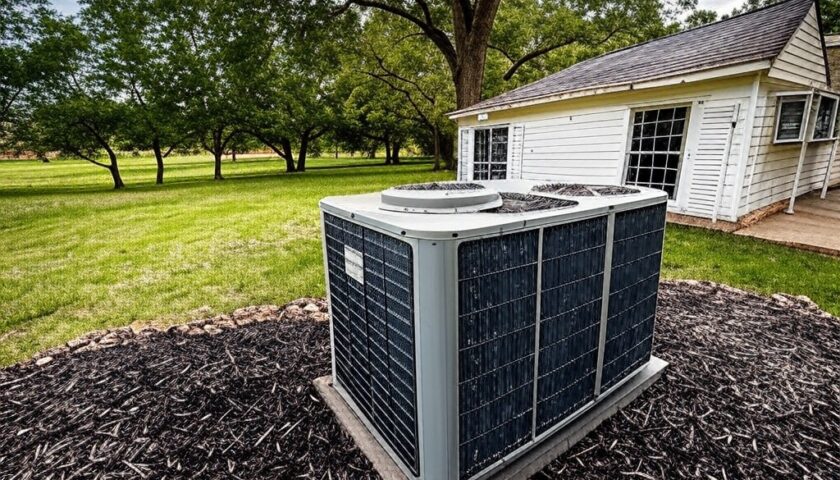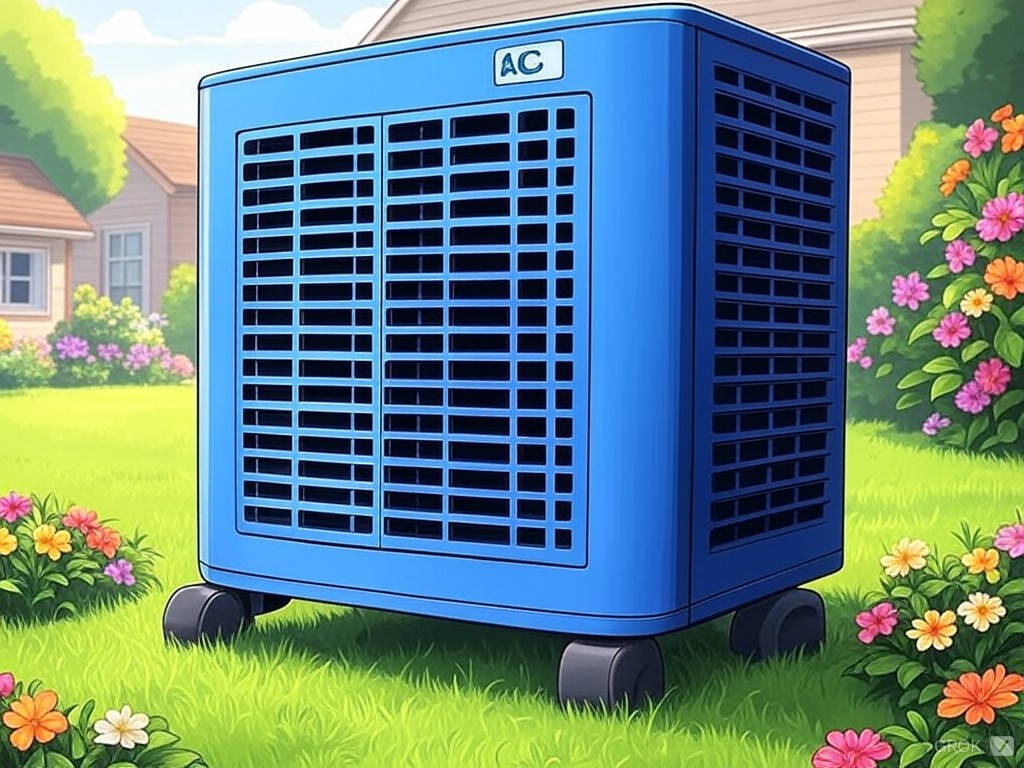HVAC systems are a crucial part of any home. They provide comfort and improve the quality of life. Regular HVAC repair and installation are essential to maintain their efficiency and longevity.
However, these systems require regular maintenance. Ignoring this can lead to costly repairs or even replacement.
This guide will provide essential tips for HVAC repair and installation. It aims to help homeowners maintain their heating and cooling systems efficiently.
We will also discuss how to choose the right HVAC services. This is particularly important for residents in regions with extreme weather, like Alabama.
Whether you’re considering your first HVAC installation or need to repair an existing system, this guide is for you.
Stay tuned to learn how to extend the life of your HVAC system, save on energy costs, and ensure a comfortable home environment.
Understanding HVAC Systems and Their Importance
HVAC stands for Heating, Ventilation, and Air Conditioning. These systems regulate indoor temperatures and improve air quality.
They are crucial for maintaining comfort in your home throughout the year. A well-functioning HVAC system can help you enjoy a cozy winter and a cool summer.
The importance of HVAC systems goes beyond comfort. They also play a vital role in energy efficiency and cost savings. A properly maintained system can lower your energy bills significantly.
Furthermore, HVAC systems contribute to better indoor air quality. This helps reduce health problems like allergies and respiratory issues.
Here are key functions of an HVAC system to consider:
- Heating: Warm your home during cold months.
- Cooling: Keep indoor temperatures down in summer.
- Ventilation: Improve air circulation and quality.
- Humidity Control: Maintain a balanced moisture level indoors.
Understanding these aspects can help you make informed decisions regarding HVAC repair and installation. Investing in a quality system is a step toward ensuring comfort and health in your home.
Signs You Need HVAC Repair or Replacement
Recognizing when your HVAC system forequires attention can save you time and money. Some signs are easier to spot than others.
Unusual noises are a common indicator. If your HVAC system begins to make banging or whining sounds, something might be wrong.
A sudden spike in energy bills might suggest inefficiency. This could result from your HVAC system struggling to maintain the desired temperature.
Here are some signs that indicate you may need HVAC repair or replacement:
- Frequent cycling: System turns on and off more often than usual.
- Poor airflow: Weak or minimal air from the vents.
- Uneven humidity: Inconsistent moisture levels in the home.
- Bad odors: Foul smells that don’t disappear.
- Age of the system: Over 10-15 years old.
Timely identification of these signs can prevent further complications. Regular maintenance checks can help extend your system’s lifespan and efficiency. Always consult a professional to evaluate your HVAC system’s condition. Understanding these warning signs is the first step in ensuring a comfortable and efficient home environment.
Choosing the Right HVAC System for Your Home
Selecting the right HVAC repair and installation is crucial for home comfort. An improper fit can lead to inefficiencies and increased costs… NOT GOOD
Begin by considering your home’s size. A system that is too small will struggle, while an oversized system will waste energy.
Energy efficiency should be a priority. Look for systems with a high SEER (Seasonal Energy Efficiency Ratio) rating for cost savings and environmental benefits.
Identify your climate needs. In Alabama, for example, systems must cope with both heat and humidity.
Consider your budget and long-term goals when selecting a system. Investing in quality now can prevent expensive repairs later.
Here are factors to consider when choosing an HVAC repair and installation:
- Size of your home: Ensure it matches the system capacity.
- Energy efficiency: Check SEER ratings.
- Climate considerations: Factor in local weather patterns.
- Budget: Plan for both initial costs and potential savings.
- Technological advancements: Consider smart systems for enhanced control.
It’s wise to consult with a professional to assess your home’s specific needs. Proper insulation and window sealing should complement your HVAC system for maximum efficiency. A well-chosen system ensures long-term comfort and cost-effectiveness. Prioritize both practicality and performance when making your decision.
HVAC Installation Process: What to Expect
Understanding the installation process can help ease any anxieties. Proper preparation is key to a smooth transition.
Start with a detailed assessment by your HVAC contractor. They will evaluate your home’s size, layout, and existing infrastructure.
Expect the installation to take one to three days, depending on complexity. Professional services ensure safety and compliance with local building codes.
During installation, there may be necessary adjustments to ductwork or electrical systems. Discuss potential disruptions with your contractor.
Preparation on your part involves clearing the area where the installation team will work. Ensure they have easy access to your unit and necessary utilities.
Communication with your installer is vital. Clarify any expectations or special requests ahead of time. Regular updates can help avoid surprises.
Once installed, the HVAC system undergoes a thorough performance test. This ensures everything operates smoothly and efficiently. Your contractor should explain system operations and maintenance essentials.
Professional HVAC Services vs. DIY: Making the Right Choice
When it comes to HVAC work, deciding between professional services and DIY can be daunting. Each option has its pros and cons.
Professional HVAC services offer skilled expertise and advanced tools. They ensure compliance with safety standards and local regulations.
DIY can seem appealing for its cost savings. However, the complexity of HVAC systems often requires professional attention.
Attempting repairs without proper knowledge can lead to further damage. It’s crucial to weigh risks against savings.
Hiring a professional ensures thorough diagnostics and effective solutions. They provide peace of mind with warranties and guarantees.
Consider the type of work required. Simple tasks like filter replacements might be DIY-friendly. For installations or major repairs, professional services are best.
Ultimately, your choice depends on your expertise and comfort level. Evaluate the scope of the project and potential consequences.
Seasonal HVAC Maintenance Tips
Keeping your HVAC system in top shape requires regular maintenance. Seasonal checks are crucial for longevity and efficiency.
In spring, focus on cleaning and checking outdoor units. Clear debris and ensure proper drainage to prevent issues.
Summer requires attention to cooling components. Check refrigerant levels and clean or replace air filters.
In the fall, inspect the heating elements. Ensure that the furnace or heat pump is ready for colder months.
Winter maintenance focuses on air circulation. Check ducts and vents for blockages, and ensure thermostats function correctly.
Here’s a quick checklist for seasonal HVAC maintenance:
- Spring: Clean outdoor units and check for debris.
- Summer: Evaluate refrigerant levels and replace filters.
- Fall: Inspect heating components and prep for cold weather.
- Winter: Ensure ventilation and thermostat accuracy.
Regular maintenance enhances your system’s efficiency and comfort throughout the year. Stay proactive to avoid unexpected issues.
Energy Efficiency and Your HVAC System
Improving energy efficiency in your HVAC system can result in significant cost savings. An efficient system reduces energy consumption and lowers utility bills.
One of the key aspects of energy efficiency is proper insulation. This helps maintain the desired temperature without overworking the HVAC system.
Modern HVAC systems come with energy-efficient features. Programmable thermostats and zoning systems optimize usage and enhance comfort.
Consider these tips to boost HVAC energy efficiency:
- Seal Leaks: Ensure windows and doors are properly sealed.
- Clean Filters: Regularly replace or clean air filters.
- Upgrade Insulation: Improve home insulation for better heat retention.
- Install Smart Thermostats: Use smart technology for optimal energy usage.
Efficient HVAC systems also benefit the environment by reducing the carbon footprint. Embracing energy-efficient solutions promotes sustainability. It’s a smart investment for both your home and the planet.
Hiring the Right HVAC Contractor in Alabama
Finding the right HVAC contractor in Alabama requires careful consideration. Ensuring they are experienced and licensed is crucial for quality service.
Begin by asking for recommendations from friends or family. Personal referrals can lead to reliable and trusted professionals.
Check online reviews and ratings of prospective contractors. Positive feedback from past clients indicates reliability and satisfaction.
Verify that the contractor is licensed and insured. This protects you and guarantees adherence to industry standards and local regulations.
Inquire about service warranties and guarantees. Reputable contractors stand by their work and provide assurance for any issues post-installation.
Request a detailed estimate before agreeing to any work. Transparency in pricing prevents unexpected costs and ensures clear communication.
Communicate your needs and expectations clearly. A good contractor listens and provides tailored solutions for your HVAC system.
Choosing the right contractor ensures a smooth HVAC installation process, helping maintain comfort and efficiency in your home.
Bonus: Make sure to ask your HVAC contractor about Mold Growth. A good company will ensure your not only comfortable, but also healthy.
Smart Technologies and Upgrades for HVAC Systems
Incorporating smart technologies into your HVAC system can vastly improve your home’s comfort and efficiency. Smart thermostats are among the most popular upgrades. They learn your habits and adjust temperatures automatically for optimal comfort and savings.
Investing in a programmable thermostat allows you to set schedules based on your routine. This reduces energy use when you’re away or asleep, cutting down on heating and cooling costs.
Smart technologies also offer remote control through apps. This means you can adjust your home’s temperature from anywhere, providing convenience and control.
Consider upgrading to systems with energy-efficient components. Newer HVAC units often integrate advanced technologies that result in significant savings over older models.
Furthermore, zoning systems can give you the ability to control temperatures in different areas of your home. This customization enhances comfort and can lead to substantial energy savings.
Integrating smart technology can transform your HVAC system, enhancing both convenience and efficiency.
Conclusion: Maintaining HVAC Efficiency and Comfort
Maintaining your HVAC system requires consistent care and awareness of its needs. Regular check-ups and timely repairs ensure optimal performance. Keeping up with maintenance helps prevent issues before they start.
Remember, choosing the right system and proper installation are crucial steps. They set the foundation for an efficient and reliable HVAC setup. Opt for professional services when needed to safeguard your investment.
Finally, incorporating smart technologies and implementing energy-saving practices offer long-term benefits. They enhance comfort while reducing costs. With thoughtful planning and upkeep, your HVAC system can serve you efficiently for years to come.



